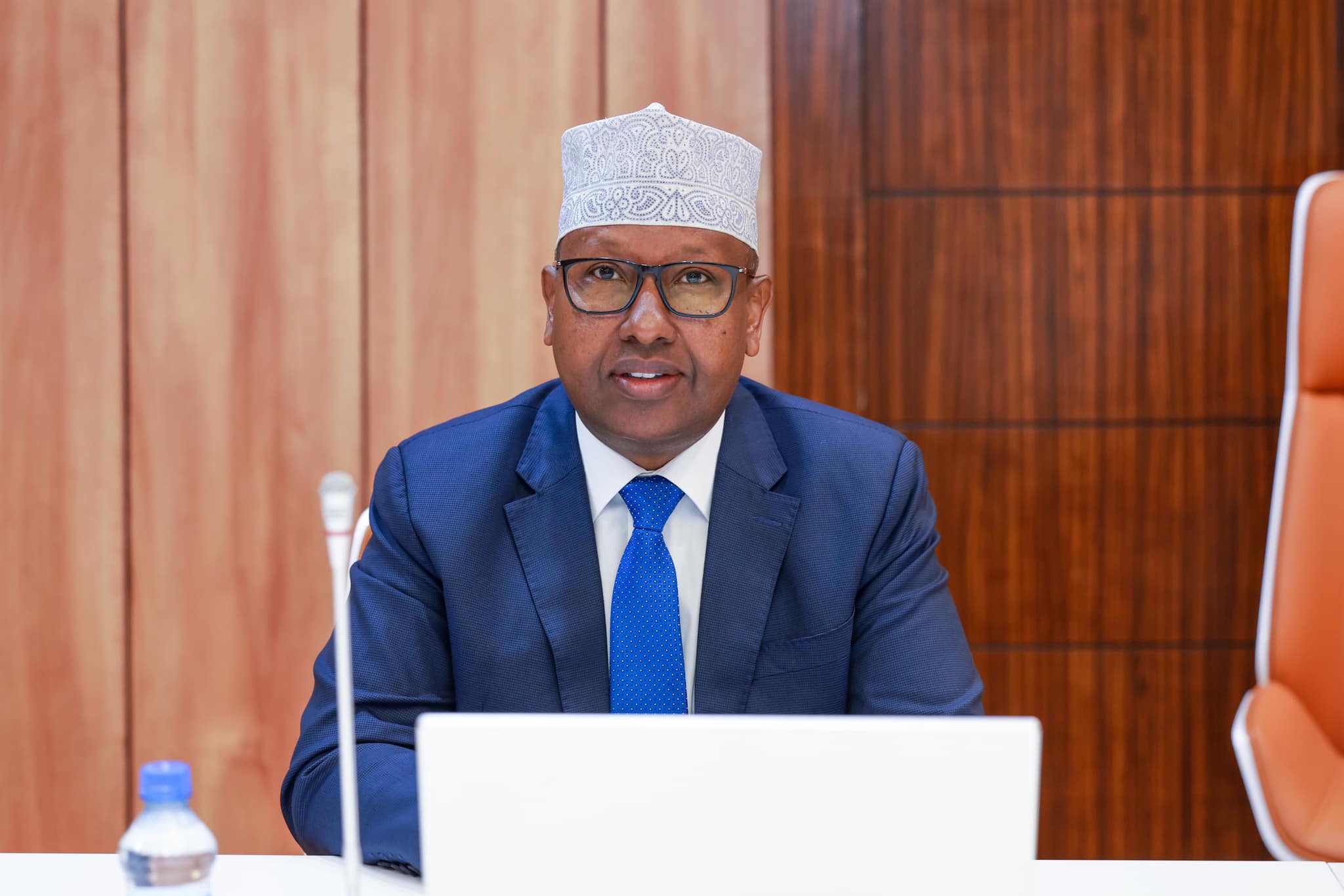The federal government has expressed dissatisfaction over the poor number of women in innovation and technology, lamenting that only 30 per cent of the technological space are owned by women.
Minister of Women Affairs, Paullen Tallen stated in Abuja, while addressing the national women’s conference in commemoration of the 2023 International Women’s Day (IWD) with the theme: “Inclusive Technology and Digital Education for Gender Equality and Women Empowerment.”
The event was the last of the activities which brought to an end, the commemoration of the IWD celebration which was earlier flagged off on 2nd March with a media Briefing.
According to her, Nigeria’s information and communication technology (ICT) sector has contributed 18.44 per cent to Nigeria’s gross domestic product (GDP) in the second quarter of 2022 and the industry is projected to experience more leap in the future.
She added that ICT contributed less than one per cent to Nigeria’s GDP in 2001. However, despite the rapid growth of the country’s tech sector, only very few women have the opportunity to participate in the ecosystem which is largely dominated by men.
“Globally and even in Nigeria, innovative technology has become the new norm; shaping lives and redefining existing social norms,” adding that Technology was at the heart of the just concluded elections in Nigeria, just as the present monetary policy resolves around technology.
“This is why women and girls at all levels must brace up to be part of this growing phenomenon.
“It is disheartening that only about 30 per cent of 93 surveyed technology companies in Nigeria are owned by women and more than third of these companies employed no woman at all (NBS),” she said.
She noted the gains and successes recorded in the digital space excluding women, adding that about three billion people were still unconnected to the digital space especially internet, with majority of them being women and girls in developing countries.
“Women make up less than one third of the work force across science and technology, engineering and mathematics and in cutting edge fields like artificial intelligence, just as one in five professionals is a woman,” she added.
The Minister therefore, extoled the few women and girls who were making Nigeria proud in the ICT sector including Kemi Bolarinwa, Funke Opeke, Kofo Akinkugbe, Hajiya Rakiya Mohammed, amongst others.
The minister called on all stakeholders from the public and private sectors to focus on developing digital tools and services that address the needs of all women and girls, across sectors, especially for their education, health, economic empowerment and engagement in public life, and to ensure that women and girls have access to digital literacy and skills throughout their life course.
“I also recommend that, Teachers and educational institutions should be supported to consciously remove gender biases and stereotypes in our educational environments, textbooks and didactic materials,” she stressed
In the meantime, the Women in Politics Forum (WIPF) has advocated for key positions for women in the 10th National Assembly, saying based in merit, qualification and experience, women have come of age to lead.
The convener and President of WIPF, Ebere Ifendu, said this yesterday, while addressing journalists in Abuja. She also read out six agenda expected from the 10th Assembly, calling on political parties to uphold provisions of the national gender policy as approved by the federal executive council and adopt gender inclusivity as their mandate in the 10th National Assembly.
In the press briefing with the theme: “The constitution of principal officers in the 10th National Assembly,” Ifendu who congratulated the 78 women who have been elected across the country, said political with higher representation in the parliament should ensure that they mainstream gender as a major requirement in getting principal officers elected.
She enjoined political parties to give full support to female members elect from the various parties that will be contesting for principal office, particularly, chairmanship of key committees.
“We are particularly interested in the House of Representatives election for principal office where we have female members as some if the high ranking officers in the house with some returning for the fourth time.
“It will therefore he completely degrading to Nigerian women if, with the calibre and ranking if female parliamentarians in the House of Representatives, no female member ranks among the principal officers in the 19th National Assembly.
“Political parties be gender inclusive and ensure that whatever zoning ratio is adopted in the party concerning the principal officers, should favour the female members elect.”









